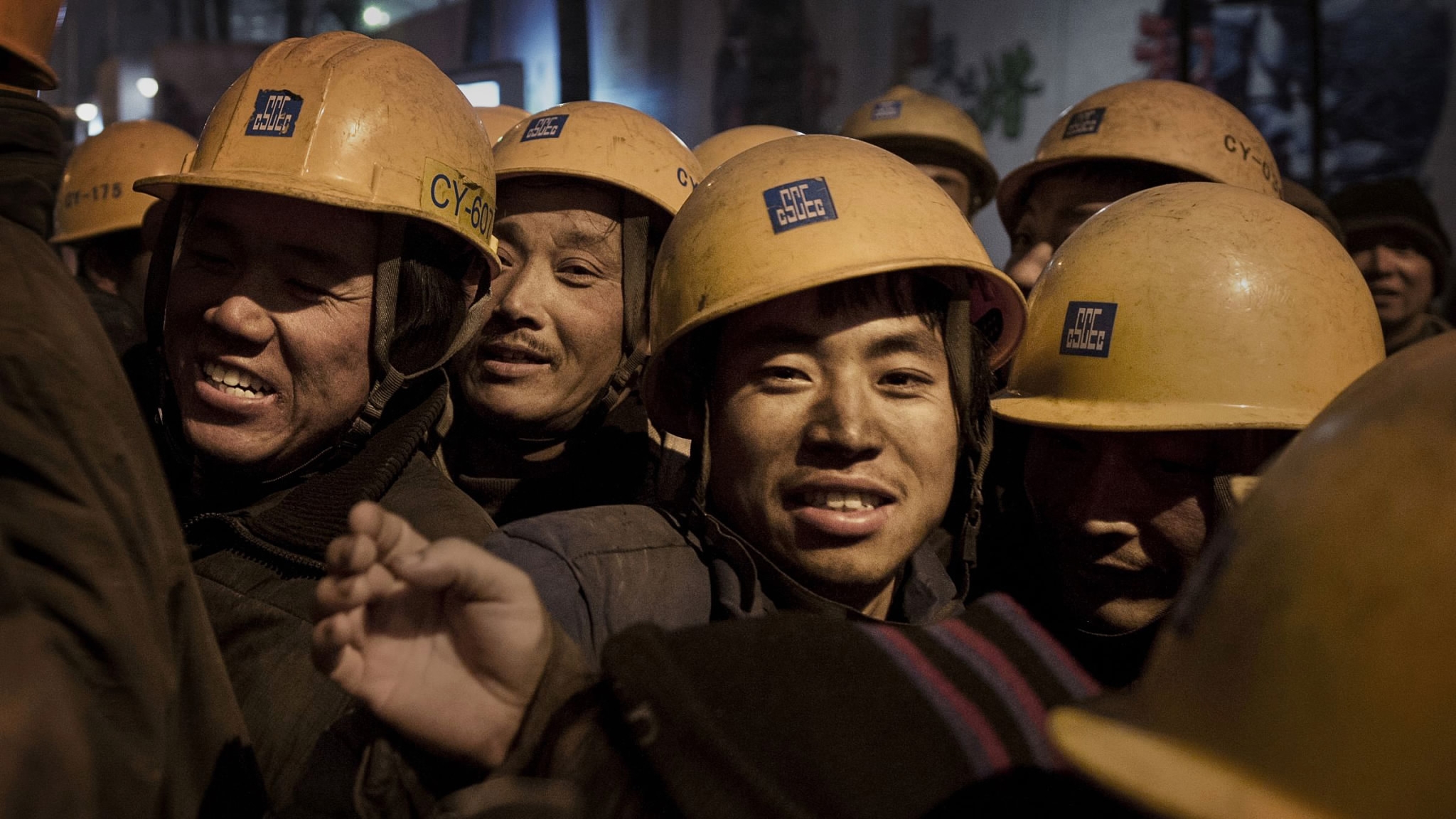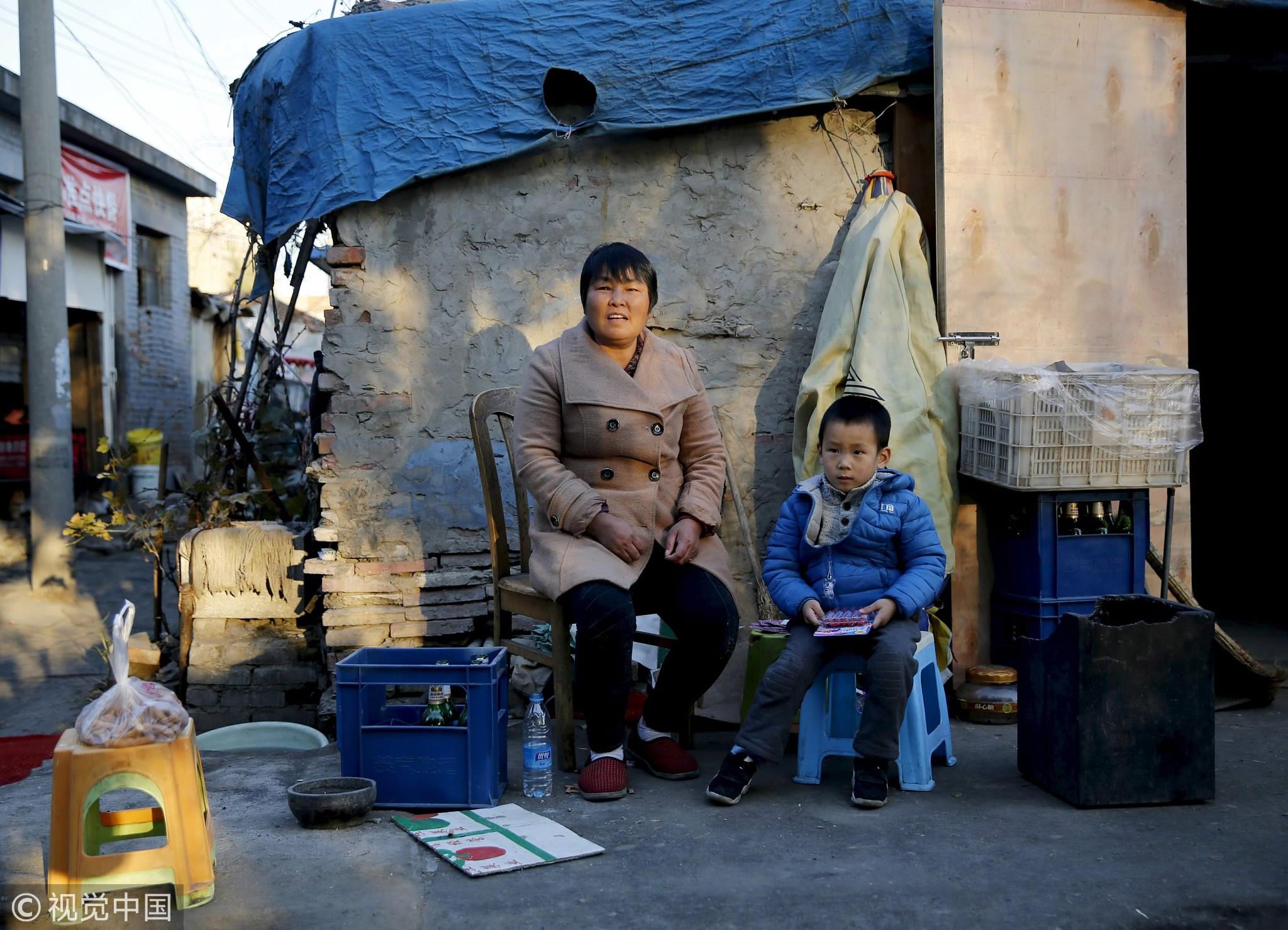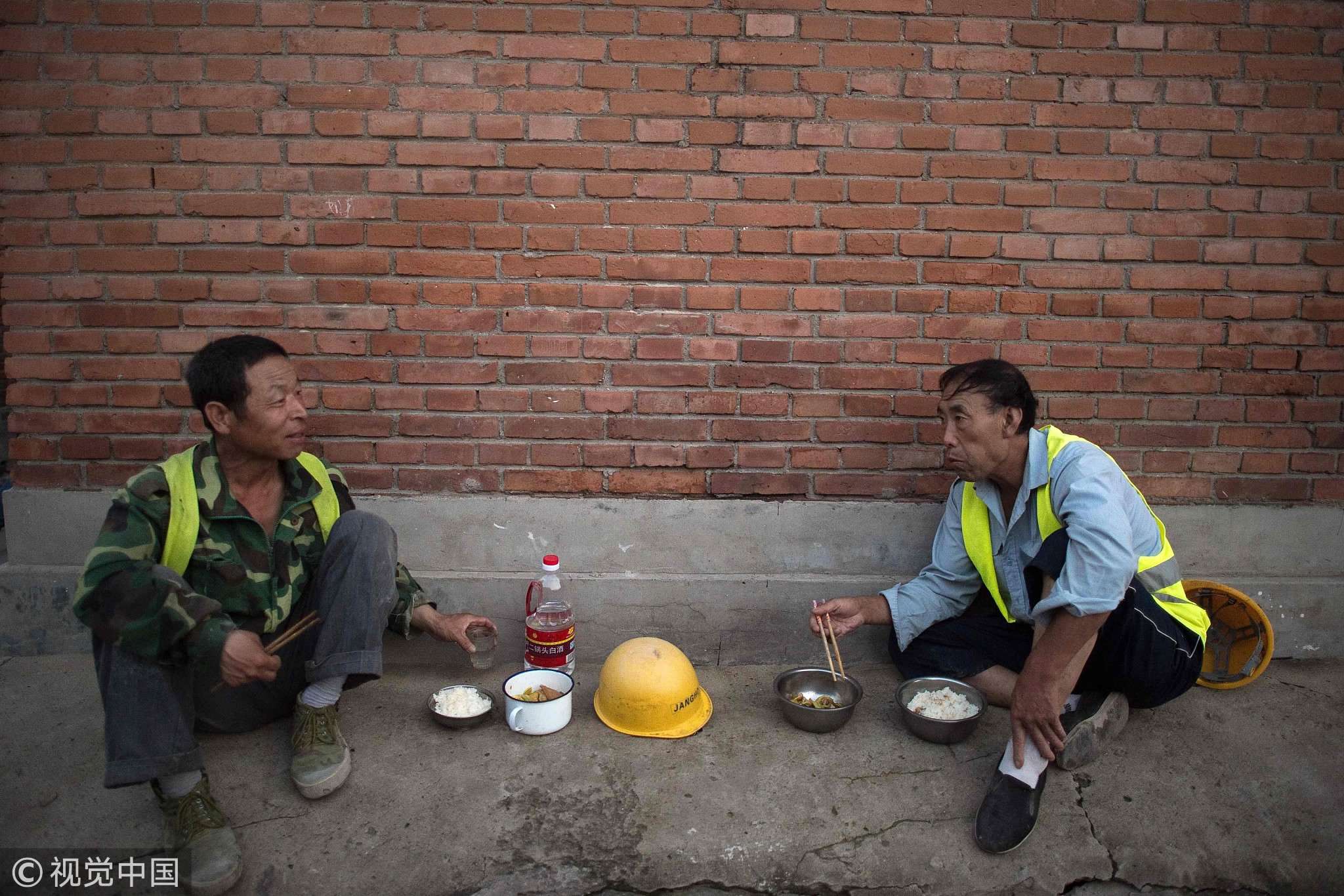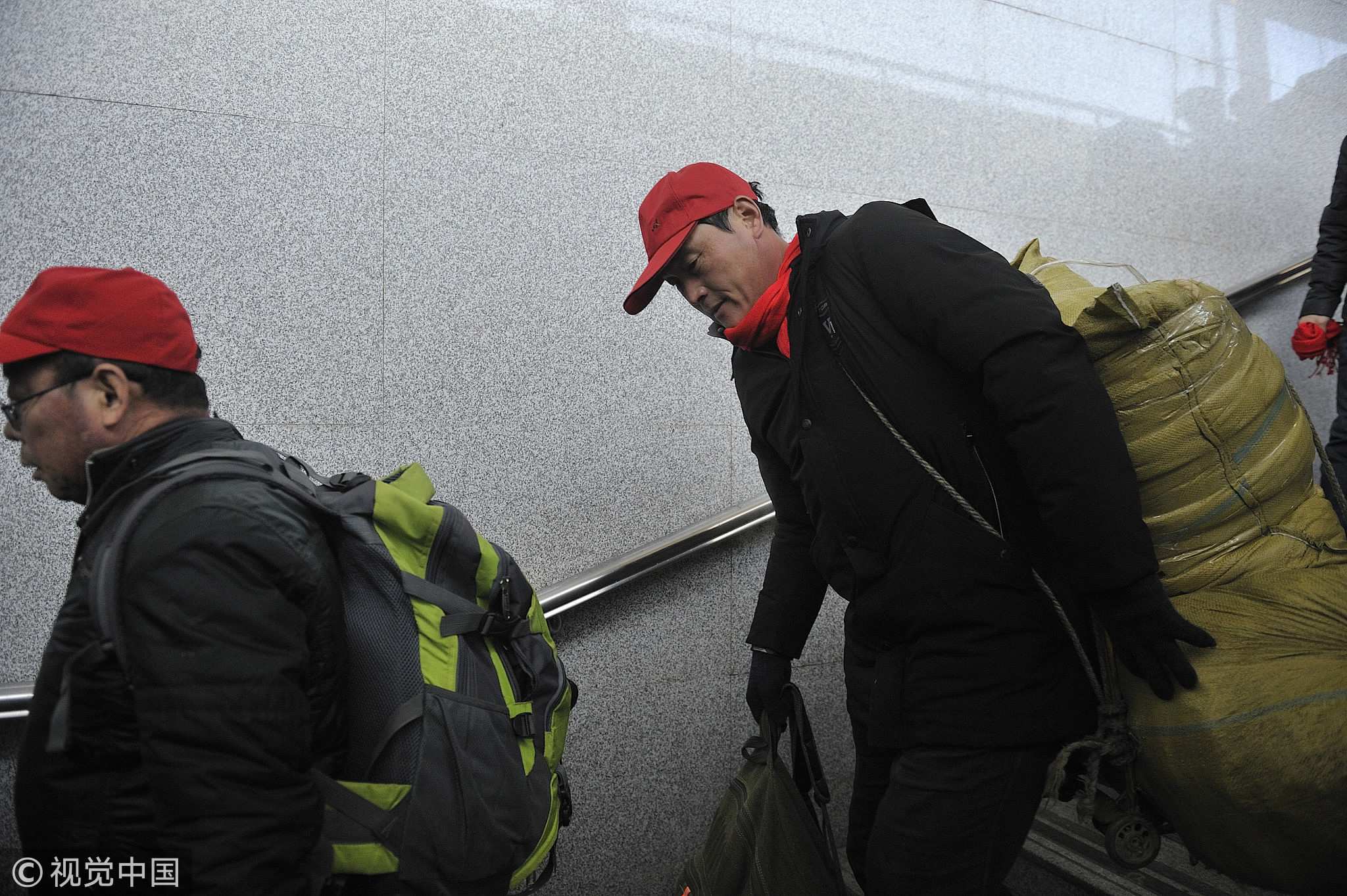
Opinions
20:12, 30-Mar-2018
Opinion: Counter-urbanization of China's migrant workers
Guest commentary by Wei Nanzhi

Undoubtedly, China is undergoing a mass urbanization. By the end of 2017, China's permanent urban population reached 813.47 million and its urbanization rate reached 58.52%, which is 52.6% five years ago. For the first time throughout Chinese history, China's urban population exceeds the rural population.
Such a rapid urbanization in the past three to four decades is due to the millions of migrant workers' leaving the countryside to work in the cities. Nonetheless, the expanding cities and new urbanizing centers in rural regions are now also encountering a new demographic and social process: counter-urbanization, or de-urbanization of many migrant workers.
These migrant workers from villages have become a crucial part in city development and they have also got accustomed to city life and want to stay in the cities for more income. Even so, a low proportion of them will transfer their rural household registration to urban accounts. The main reasons for such kind of counter-urbanization are the following:

The 52-year-old Huang Feng poses with her grandson who she takes care of, at a migrant workers' village in Beijing, China October 30, 2015. /VCG Photo
The 52-year-old Huang Feng poses with her grandson who she takes care of, at a migrant workers' village in Beijing, China October 30, 2015. /VCG Photo
First, they lack adequate social security though they have contributed a lot in the urbanization process. The migrant workers are suffering from pension insecurities, housing and unemployment insurance. The majority of them belong to middle and low income groups. Most of them have not paid for social security in a long time. Neither do they live in the communities with good social services. The above three factors means that they can only get poor pension and old-age service. In addition, they should try to buy an apartment in cities since the house prices are rising. Another key factor is that many migrant workers are vulnerable to unemployment. If so, once they give up their rural household registration, they will have no land or rural housing land. As a result, they will become landless and eventually hopeless. Therefore, it is a rational decision for migrant workers to ensure their sense of security.

Construction workers eat their dinner at the end of the work day in a migrant village on the outskirts of Beijing on August 17, 2017. /VCG Photo
Construction workers eat their dinner at the end of the work day in a migrant village on the outskirts of Beijing on August 17, 2017. /VCG Photo
Second, they are attracted by the incentive policies for agriculture and villages. Some migrant workers have been forced to leave cities due to the high cost of living. In contrast to the congested and polluted cities, land in rural areas have generated more profit and enjoyed government support since the 21st Century. More flexible policies towards the administration of land resources have been adopted. And if the reform of rural residential land makes progress and the land is allowed to be traded in the market, rural residents will make more money. As a result, more and more migrant workers favor agricultural residence in order to share the benefits of land appreciation.
Finally, they are optimistic towards the gradual narrowing gap between urban and rural areas. It is true that urbanization has long been regarded as a key part of China's strategy to boost domestic demand. But the Chinese Government has raised a new strategy using the name of ecological civilization to replace the old model of rapid growth “at all costs” in recent years. So the rural regeneration has become the national strategy. Moreover, the Chinese government has increased funding for poverty reduction and worked to improve the fiscal policy system for poverty alleviation funding since 2012. Therefore, both the income and the living standards of residents in rural regions has and will be improved.

Migrant workers carry their luggage at Qiqihar Railway Station on 13 February 2018 in China. /VCG Photo
Migrant workers carry their luggage at Qiqihar Railway Station on 13 February 2018 in China. /VCG Photo
The complexity, the sense of security, the narrowing urban-rural gap and the relative policies together encourage migrant workers to keep their rural household registrations. Consequentially, China now should work on the integration of urban and rural contexts since it is undergoing urbanization and counter-urbanization at the same time. It is important to “develop a new model of modernization with humans developing in harmony with nature”, which is emphasized by President Xi Jinping.
(The author is a research fellow at the Chinese Academy of Social Science. The article reflects the author's opinion, and not necessarily the views of CGTN.)

SITEMAP
Copyright © 2018 CGTN. Beijing ICP prepared NO.16065310-3
Copyright © 2018 CGTN. Beijing ICP prepared NO.16065310-3